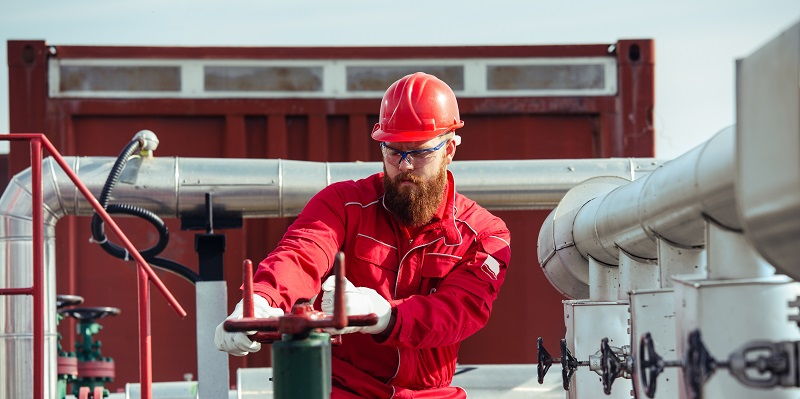In a significant ruling that will impact Fair Labor Standards Act (FLSA) lawsuits, a recent court decision on a ‘donning and doffing’ case involving oil rig workers has made employers more vulnerable to legal action. The case in question, Tyger v. Precision Drilling Corp., revolved around the payment of oil rig workers for the time spent in ‘donning and doffing’ their gear before and after work. This article delves into the background of the case, analyzes the court’s decision, and explores its implications for employers and HR professionals.
Background on the Tyger v. Precision Drilling Corp. Case
The lawsuit filed against Precision Drilling Corp. by oil rig workers sought compensation for the time spent in putting on and taking off necessary work gear.
Precision Drilling Corp. contended that they were not obligated to pay workers for the ‘preliminary’ and ‘postliminary’ activities under the Portal-to-Portal Act, which classifies such activities as non-compensable.
The Appeals Court for the Third Circuit rejected Precision Drilling Corp.’s claim, deeming it invalid in this case.
Significance of the Court Decision
This ruling stipulates that lawsuits pertaining to payment for safety gear donning, doffing, and other related activities will be assessed individually based on their perceived “intrinsic” or “integral” nature to the primary work.
If the case reaches trial, a jury will play a crucial role in determining whether these activities should be compensated.
Comparison to a Similar Case Involving Amazon Workers
In a case in 2022, a judge ruled that Amazon workers should not be compensated for time spent walking through metal detectors before and after work, defining it as a “preliminary” and “postliminary” activity.
The appeals court’s decision outlined what constitutes protective gear that is considered integral or intrinsic to work, warranting compensation.
Relevance of Location in Decision-Making
The court identified location as a crucial factor in determining whether employees could don and doff their gear at home. This factor may hold significance in future decisions.
Implications for HR Professionals
In light of this decision, HR professionals are advised to review their compensation and overtime policies regarding donning and doffing, as well as any other preliminary or postliminary activities. Evaluating the potential integration of such activities into employees’ work will be essential to ensure compliance with labor regulations.
The recent court decision in the Tyger v. Precision Drilling Corp. case has highlighted the vulnerability of employers to FLSA lawsuits related to donning and doffing safety gear. The ruling requires a case-by-case analysis of the ‘intrinsic’ or ‘integral’ nature of these activities, with juries responsible for determining if compensation is necessary. Employers and HR professionals should review their compensation and overtime policies regarding donning, doffing, and other preliminary/postliminary activities to ensure compliance with labor laws. Given the wide-reaching implications of this decision, organizations must prioritize fair compensation practices and actively maintain legal compliance.

